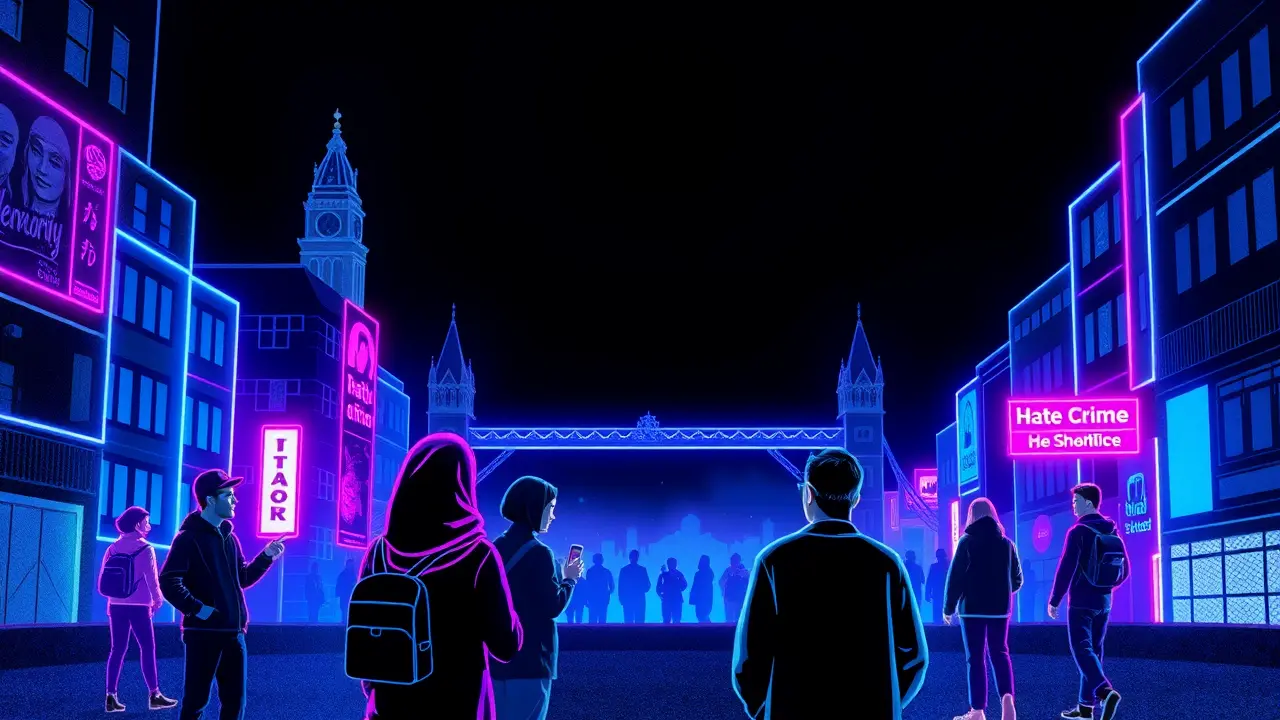- News
- human-rights
- All beliefs are welcome in London – we cannot allow extremists to divide us | Sadiq Khan
All beliefs are welcome in London – we cannot allow extremists to divide us | Sadiq Khan
The latest Home Office statistics revealing a rise in hate crime across England and Wales, with religiously motivated offences reaching a record level, should serve as a profound alarm bell for our collective conscience. For those of us who have been tracking the social fabric of our communities, these numbers are not abstract data points; they are the quantified echo of the appalling scenes witnessed on our city streets, a chilling testament to a fracture that demands our immediate and empathetic attention.Over the past two years, we have seen a rising tide of antisemitism that culminated in the heinous Yom Kippur terrorist attack in Manchester, a brutal reminder that this ancient, poisonous hatred remains stubbornly pervasive. The Community Security Trust’s report of over 1,500 antisemitic incidents in just the first half of the year is staggering, but it is the Institute for Jewish Policy Research’s finding that 35% of Jewish people feel unsafe in the UK that should truly haunt us—a statistic that speaks not to isolated events, but to a pervasive, daily erosion of security and belonging.This crisis, however, is not monolithic; it is a hydra-headed beast. Simultaneously, we see Muslim communities facing a parallel surge in Islamophobia, where political rhetoric from certain quarters has shifted from dog whistles to megaphones, appealing to our worst instincts and exploiting fear for electoral gain.This is not merely a policy failure; it is a profound human failure. We must view this through a lens of intersectional empathy, understanding that the woman afraid to wear her hijab on the tube and the man hesitating to don his kippah in public are both victims of the same corrosive force: an intolerance that seeks to divide and dehumanize.The personal impact of this on leaders, on families, on children navigating schoolyards, is immeasurable. It calls to mind the painful lessons from historical precedents, where the normalization of hate speech invariably preceded more violent manifestations.The role of leadership in this moment is not to fan the flames but to build firebreaks of community cohesion, to champion a vision of London, and indeed Britain, where all beliefs are not merely tolerated but welcomed as essential threads in our national tapestry. We need a critical yet empathetic response that moves beyond parliamentary debates and into our parks, our schools, and our public squares, fostering dialogues that recognize our shared vulnerability and our collective strength.The consequences of inaction are unthinkable—a society balkanized by fear, where trust is the first casualty and violence the last. The path forward requires a detailed, human-centric breakdown of our social contracts, a recommitment to the hard, unglamorous work of bridge-building, and a firm, unequivocal stand against the extremists, from whatever quarter, who would see us torn apart.
It’s quiet here...Start the conversation by leaving the first comment.
